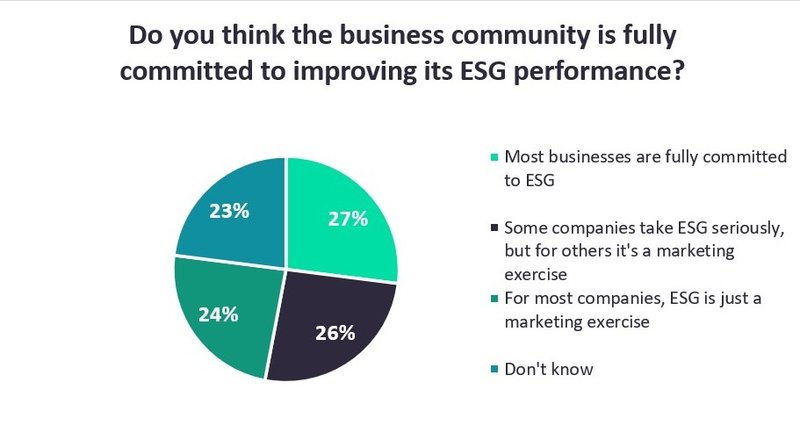sustainability
Aviation must take action for a net-zero future
Businesses in the aviation industry need to implement clearer net-zero emission initiatives to protect the environment and convince consumers, according to GlobalData.
As understanding of the climate crisis increases, alongside greater awareness of the harm associated with climate change to individuals, communities, industries, and countries alike, there is a desire to reduce carbon.
Urgent action to combat climate change and its effects requires a sustained, transparent, and accountable commitment from businesses across the aviation industry.
Carbon neutrality vs carbon net-zero
With COP26 here, references to ‘carbon neutrality and ‘net-zero emissions’ have become ubiquitous across most industries. Despite two seemingly interchangeable words, they are not the same.
Carbon neutral means emissions are still generated but are offset with carbon capture technology or emissions reduction projects. Whereas, net-zero emissions entails reducing carbon emissions to the lowest amount, with offsetting employed as a last resort. In both scenarios, the purpose of offsetting is to remove CO₂ from the environment by balancing the carbon emissions produced.
Beyond reducing carbon in the atmosphere, offsetting schemes can be beneficial. Projects range from investment in renewable energy sources to planting trees and crops that absorb CO₂ emissions.
To count, offset projects must be accredited or licensed and permanent. However, such initiatives have faced scrutiny over their cost, quality and actual contribution to decarbonisation.
An investigation by climate activist group, Greenpeace, found that United Airlines, British Airways and easyJet were investing in schemes that would not run long enough to effectively balance the emissions created by fossil fuels. In reality, offsetting is merely a scapegoat, rather than a solution to the existential climate crisis.
Global goals require cooperation from businesses, not greenwashing
To be in alignment with the Paris Agreement’s goal to limit global warming to 1.5°C, rigorous carbon net-zero targets that carry a promise of strong climate action are needed. Schemes including Jet Zero in the UK are seeking to build momentum and encourage decarbonisation through rallying industry support to commit to net-zero targets ahead of COP26.
Jet Zero proposes airport operations in England be carbon net-zero by 2040 and supports scaling up the supply of sustainable aviation fuels (SAF) with a £15m ($20.7m) investment for the development of a commercial SAF plant in the UK.
Covid-19 has significantly impacted the extent to which businesses are able to invest in newer and more efficient technologies. However, opportunities were presented too.
One example is the accelerated phasing out of older, more polluting aircraft as aviation demand reduced globally. Going forward, businesses have the chance to underpin commitments with credible actions and pivot away from greenwashing tactics.

Credit:
Consumers not convinced by the business commitment to ESG
Despite some climate action, consumers are not wholly convinced. A GlobalData poll found that 24% of respondents believe that for most companies, ESG is just a marketing practice. A further 26% believe that only some businesses take ESG seriously whilst for others, it is a mere marketing ploy.
As awareness of the associated harm from climate change increases, consumers will increasingly vote with their wallets by spending with businesses that prioritise environmental concerns. A GlobalData consumer survey revealed that more than half of consumers (56%) are more loyal to brands that support ‘green’ or environmental matters.
Businesses within carbon-intensive industries such as aviation need to implement transparent and accountable climate action with carbon net-zero targets.
If not, they will increasingly face a public response from consumers about their less than sustainable businesses practices and lose custom. Not to mention, the planet will irrevocably suffer too.
Main image: